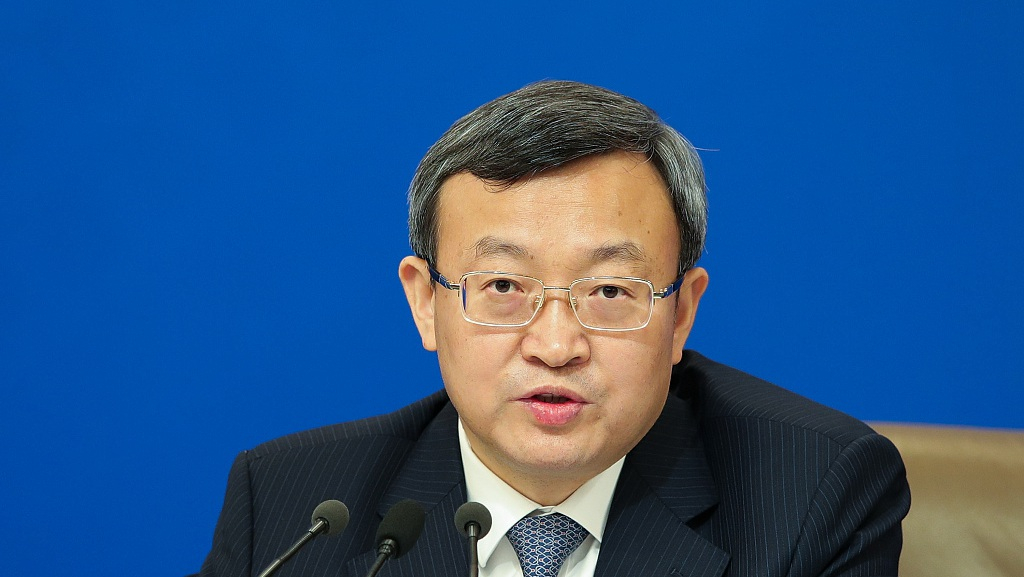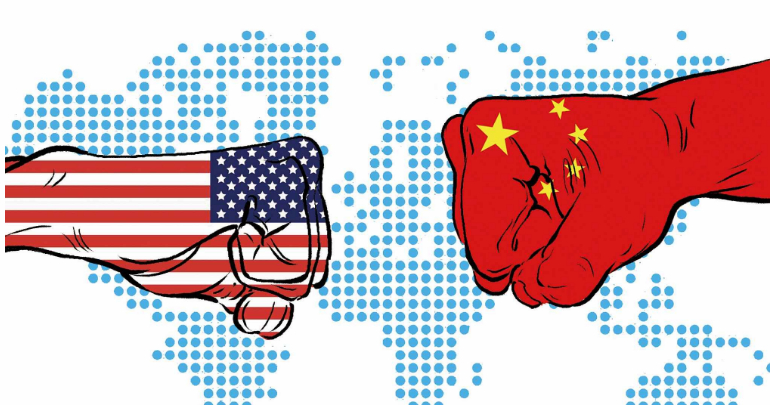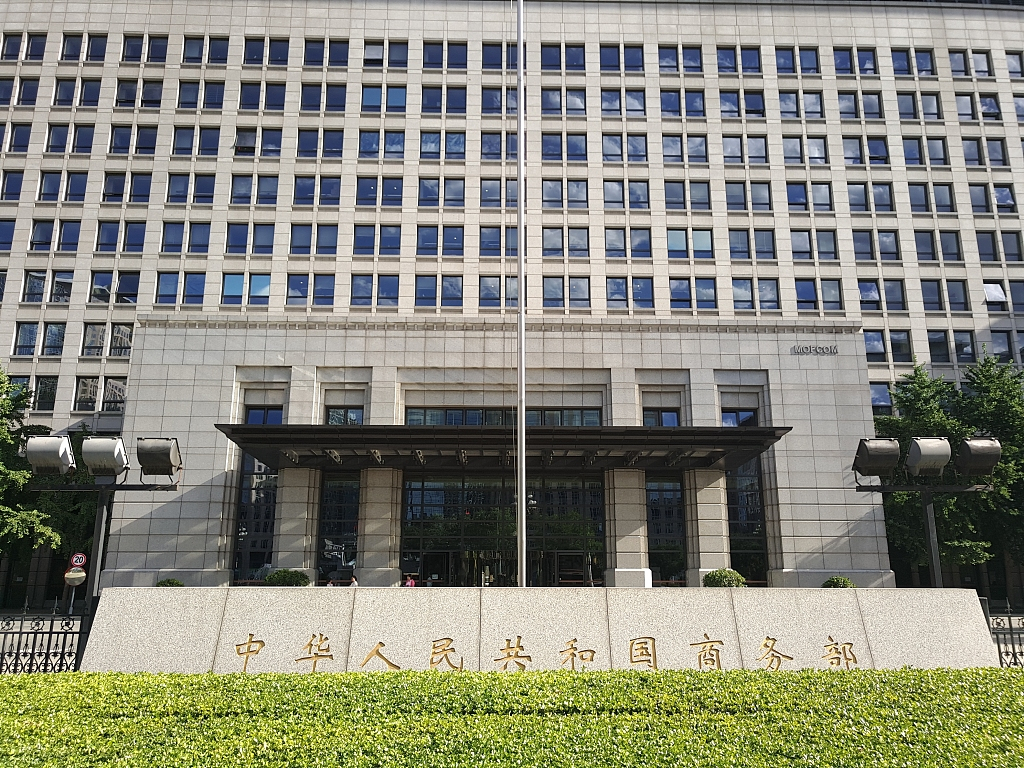
Economy
14:17, 01-Jun-2019
MOFCOM: Impact of trade war on China under control
Updated
14:57, 01-Jun-2019
CGTN

"There are no winners in trade wars... cooperation is the only correct choice," said Wang Shouwen, Chinese vice minister of commerce and deputy China international trade representative, during a press conference in Beijing on Friday.
In May, the U.S. increased tariffs on 200 billion U.S. dollars' worth of Chinese imports from 10 percent to 25 percent, and threatened to apply another 25 percent tariffs on the remaining imports from China worth about 300 billion U.S. dollars.

VCG Photo
VCG Photo
China sticks to the principle of mutual respect, equality and mutual benefit
Wang stressed that the increased tariffs imposed by the U.S. government on Chinese imports damage not only the interests of China, but also that of the U.S. and the whole world.
"Today, the U.S. can arbitrarily levy taxes on Chinese goods and sanction Chinese companies; tomorrow, it can tax and sanction any other country," said Wang.
Despite holding negotiations for a trade deal with China for about a year, the U.S. imposed new tariffs on Chinese imports in May.
"It would be impossible to achieve a trade deal if the U.S. wants to push unilateralism and press China to give away," Wang said.
China's export market diversification
"The U.S. is still an important export market for China, but the importance is going down," Wang noted.
He said the export market of China is increasingly diverse.
"China's foreign trade is large and resilient," Wang said, adding that the ministry is confident to keep promoting China's foreign trade.

The Ministry of Commerce of the People's Republic of China (MOFCOM). /VCG Photo
The Ministry of Commerce of the People's Republic of China (MOFCOM). /VCG Photo
Impact of China-U.S. trade tensions controllable
Investment from the U.S. accounts for a small share of China's absorption of foreign capital, said Wang in response to a question asking would the tariff hike imposed by U.S. exert substantial effects on China's absorption of foreign capital.
Statistics show that as of the end of 2018, the actual investment from the U.S. to China stood at 85.19 billion U.S. dollars, accounting for only 4.2 percent in China's absorption of foreign capital.
Thanks to a market of 1.4 billion people and burgeoning middle-class, China enjoys huge growth potential, which explains why foreign companies such as Tesla, Exxon Mobil, and BMW are eyeing the Chinese market, said Wang.
China to further opening-up and improve business environment
Foreign-invested companies have enormous opportunities and bright prospects in the Chinese market, said Wang. China will push ahead with improving the business environment so as to build a level playing field for these companies.
China will roll out a new version of the negative list with fewer items before next month.
(Cover: Wang Shouwen, Chinese vice minister of commerce and deputy China international trade representative, during a press conference in Beijing, March 9, 2019. /VCG Photo)

SITEMAP
Copyright © 2018 CGTN. Beijing ICP prepared NO.16065310-3
Copyright © 2018 CGTN. Beijing ICP prepared NO.16065310-3